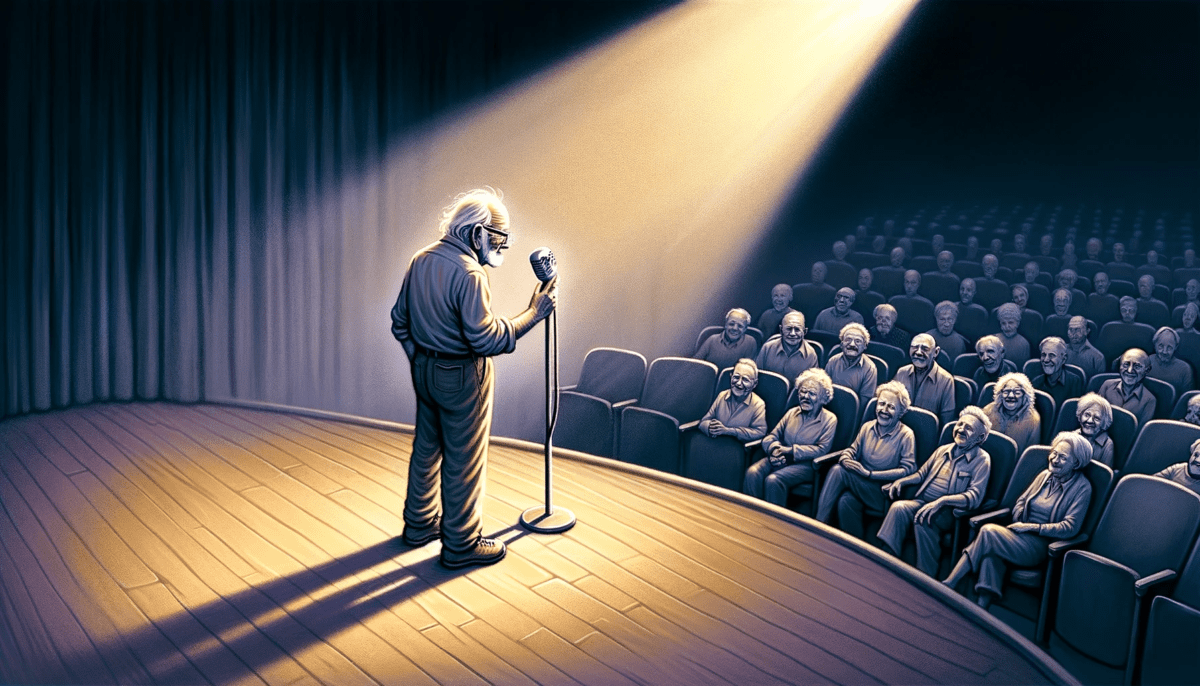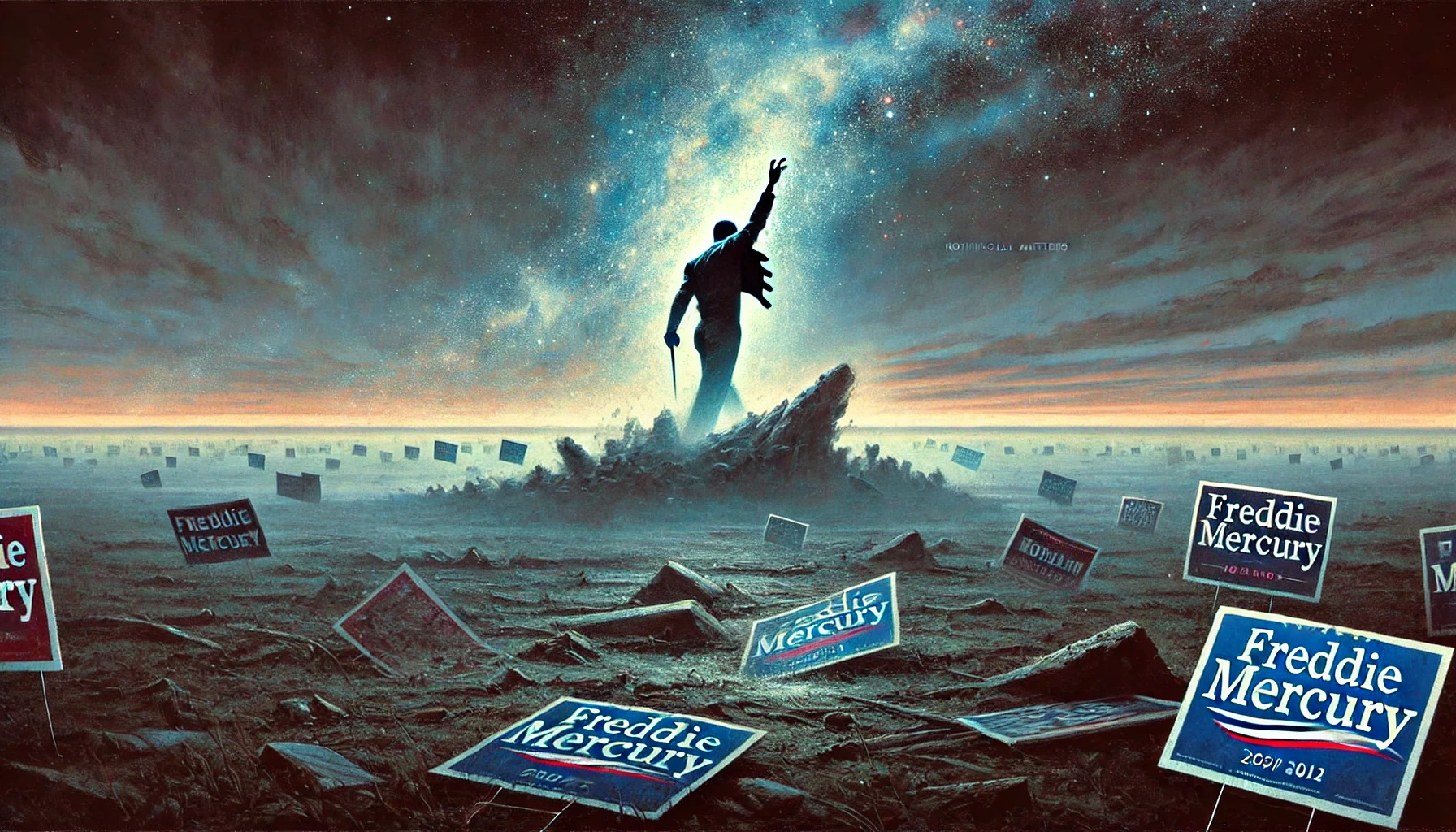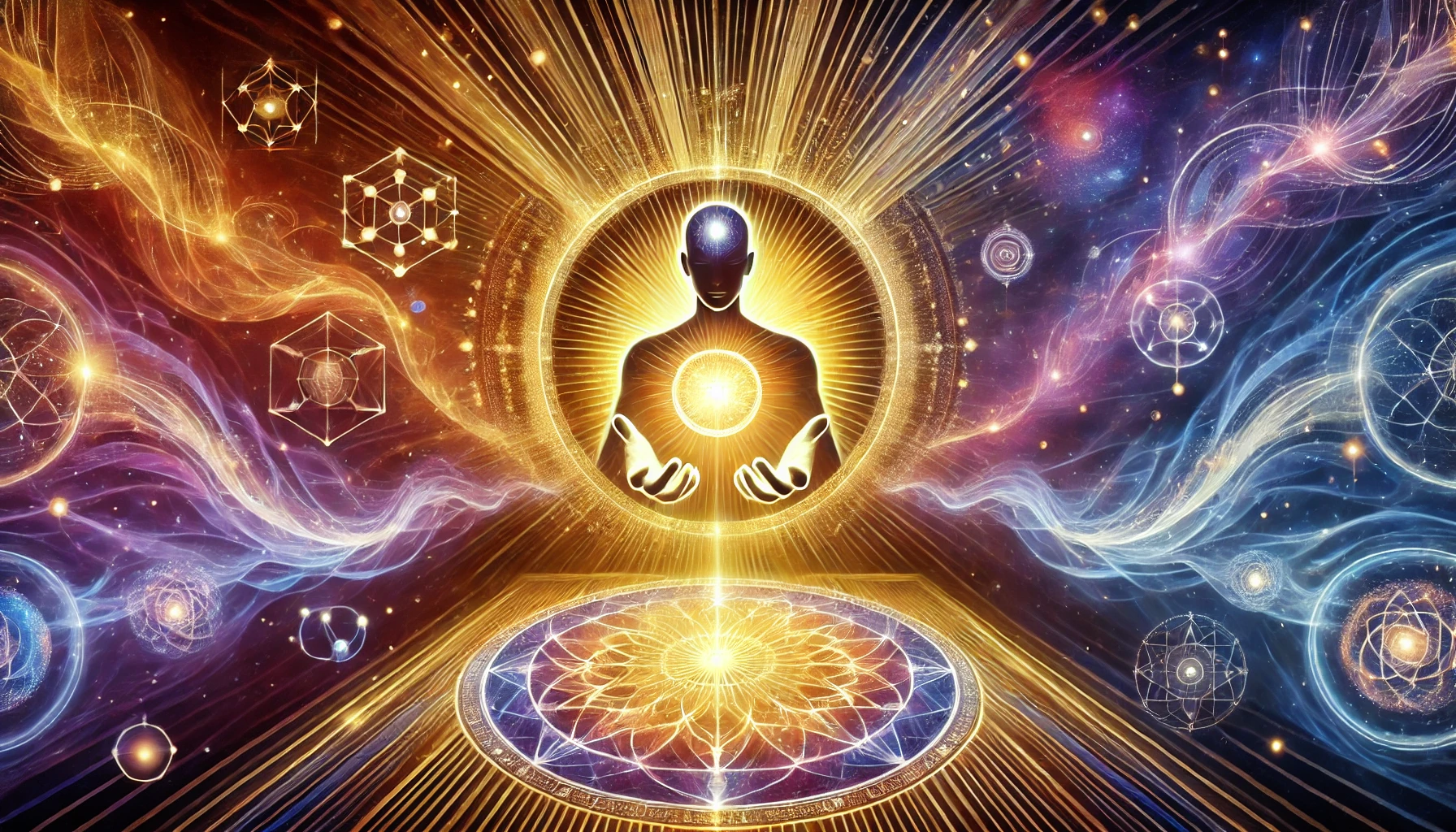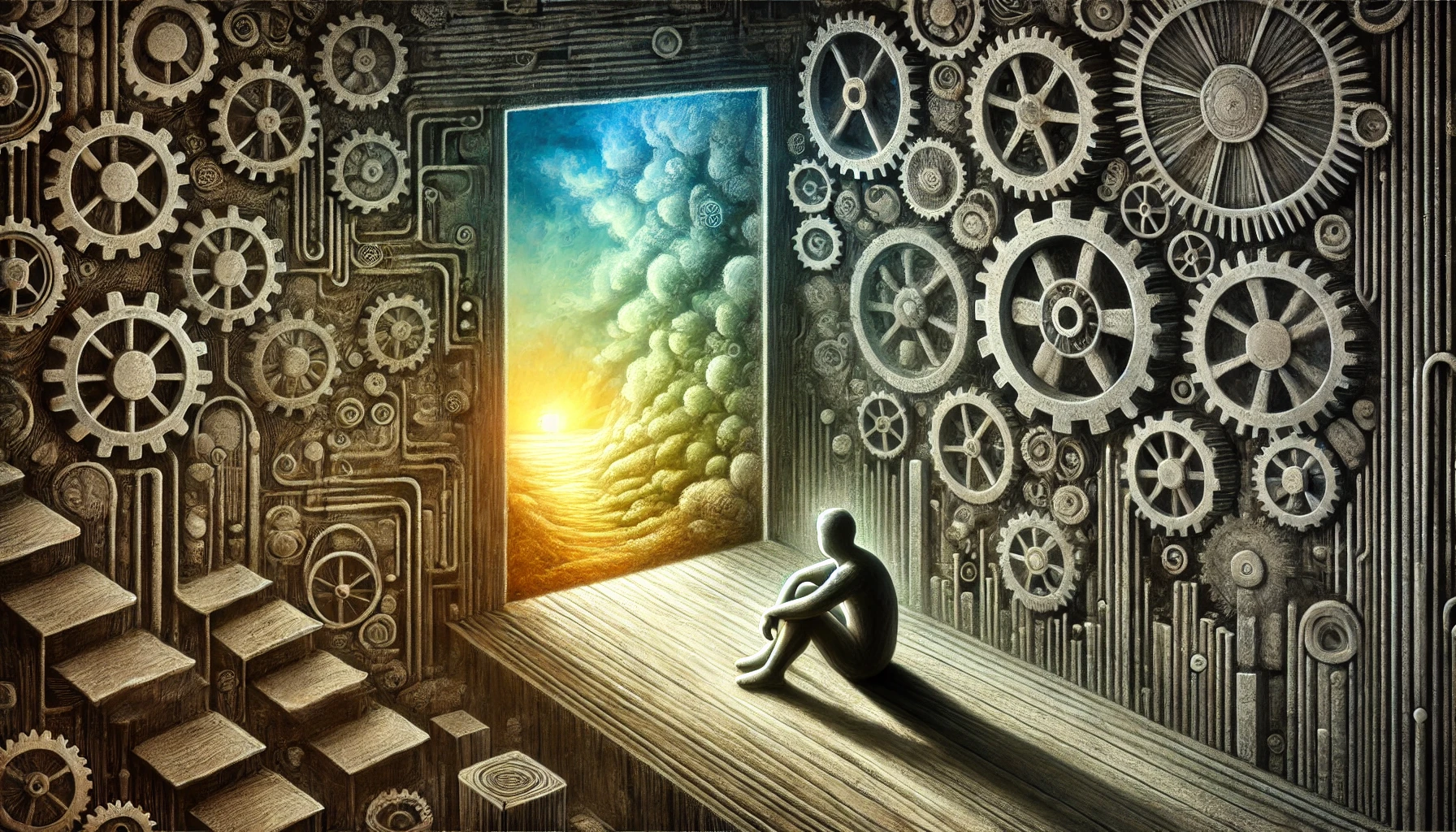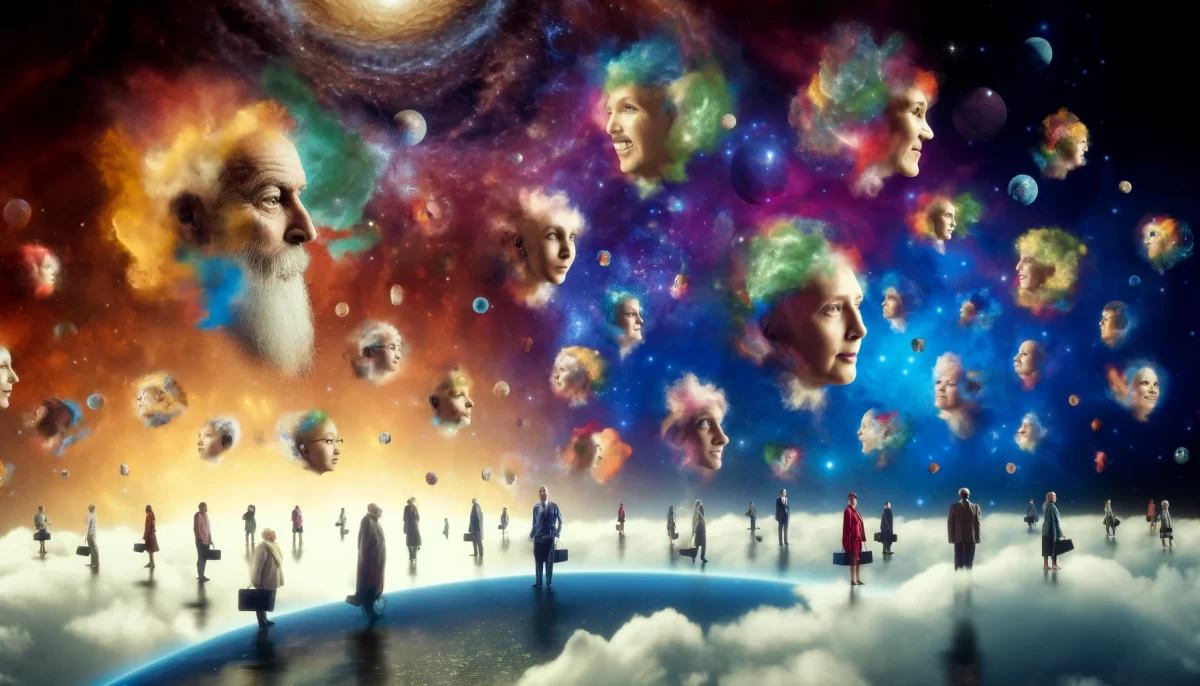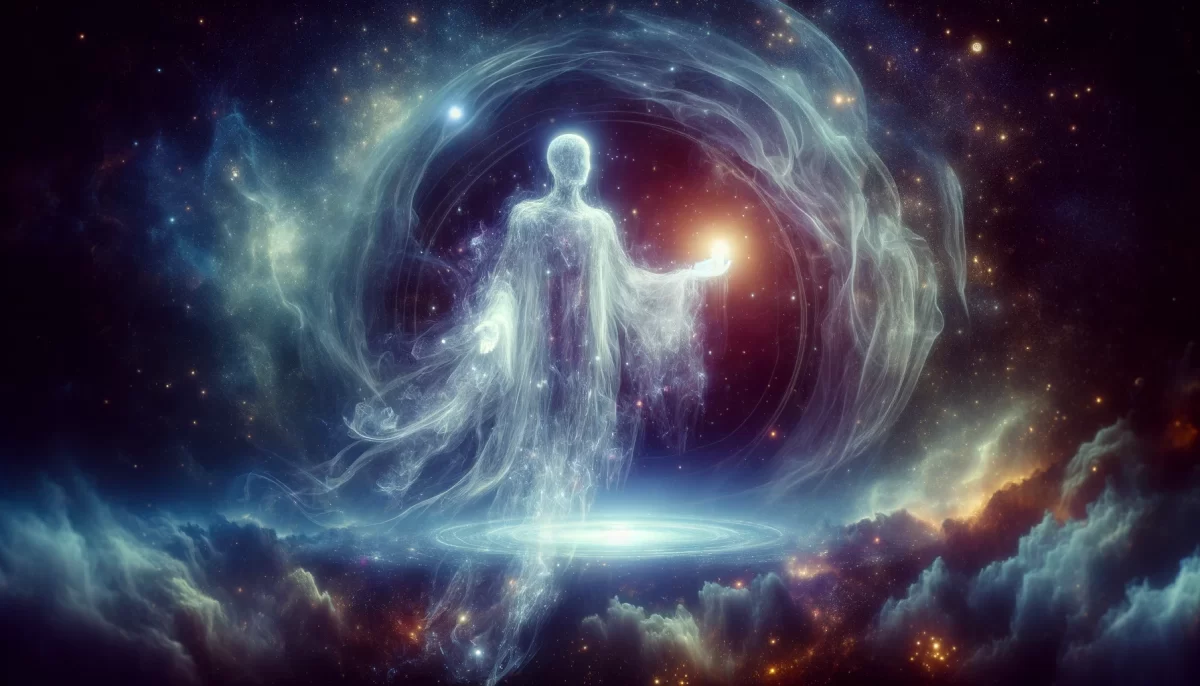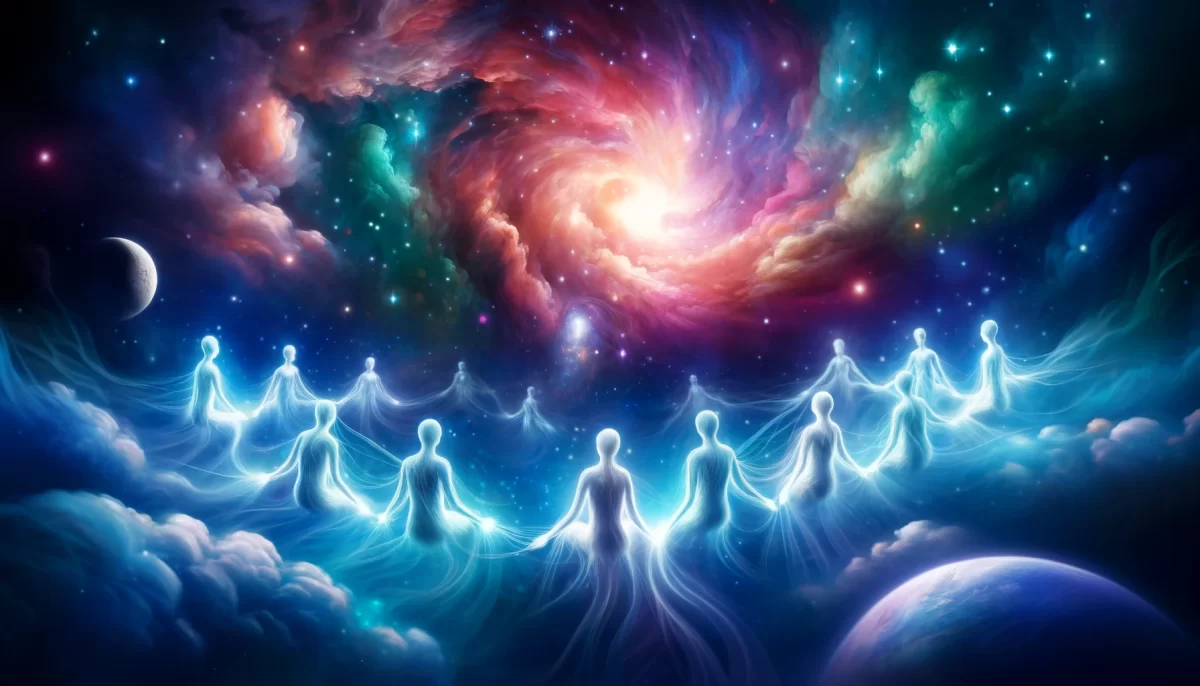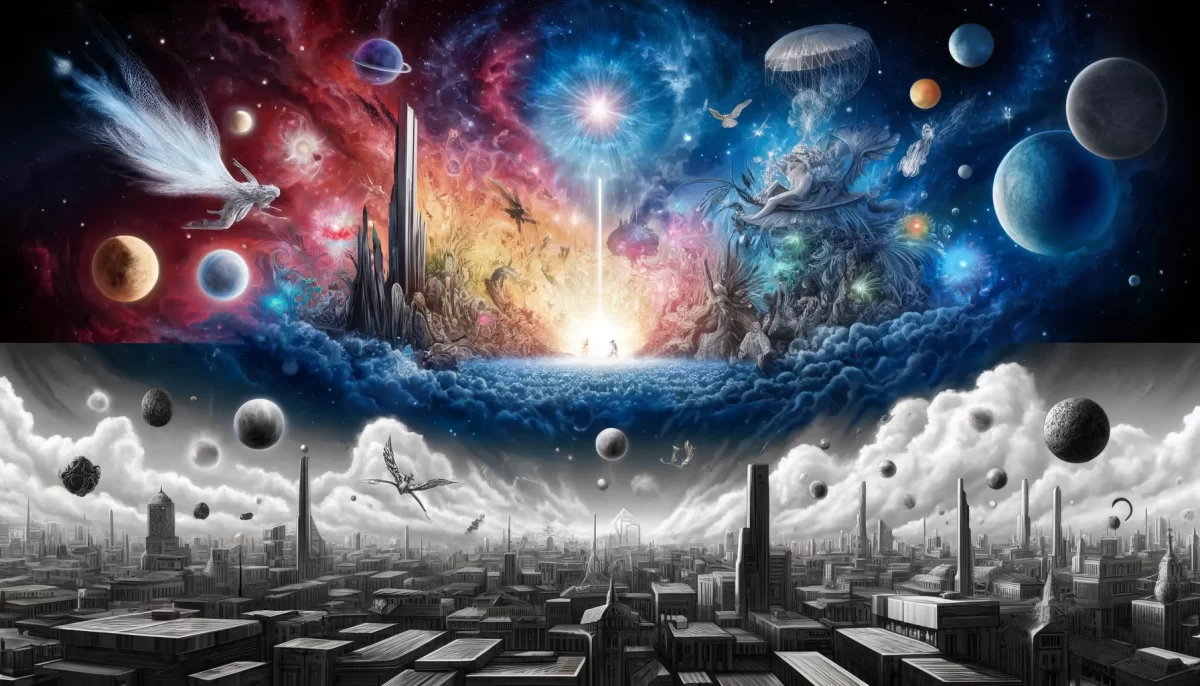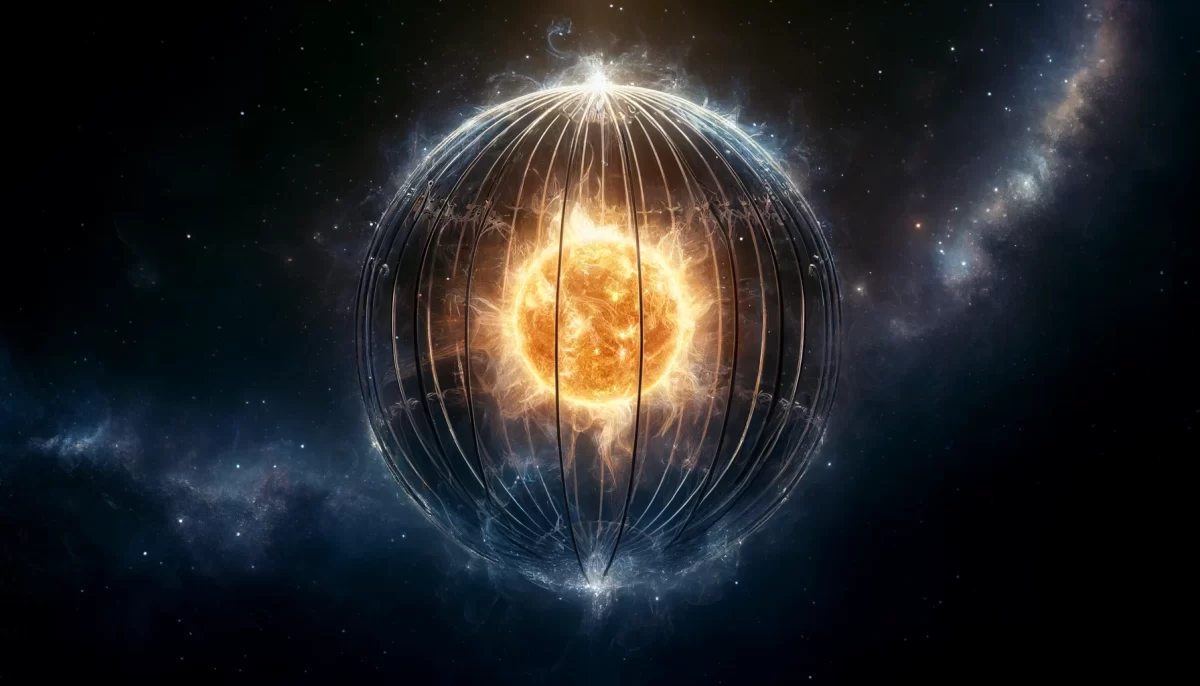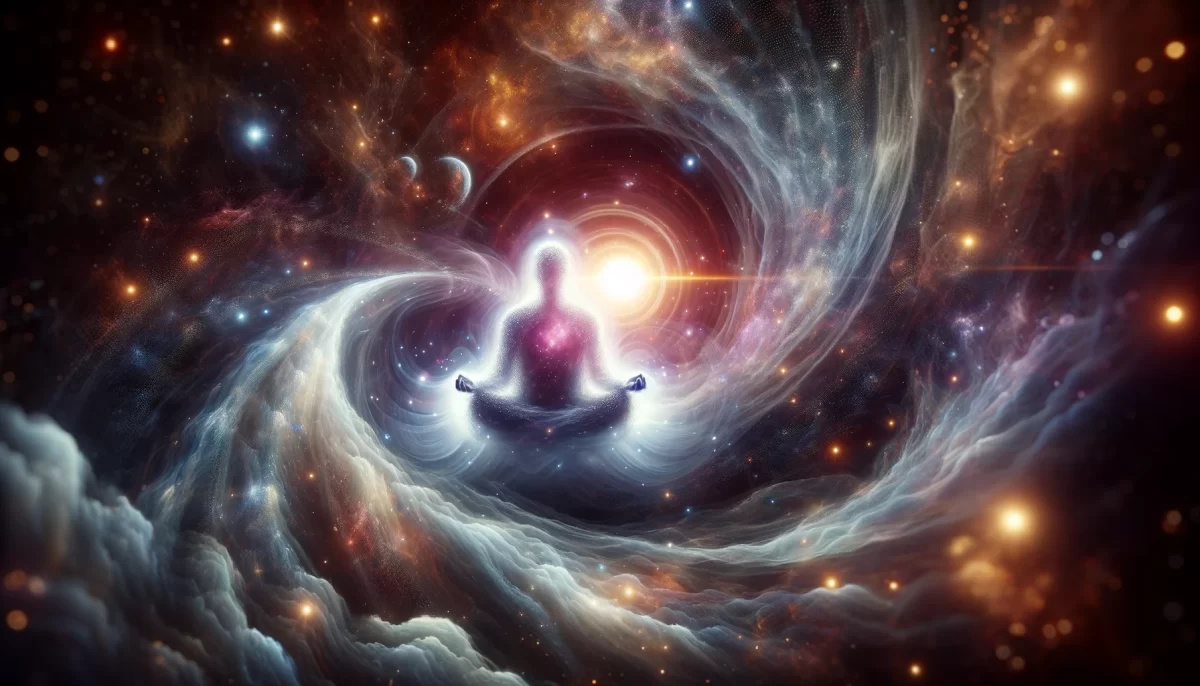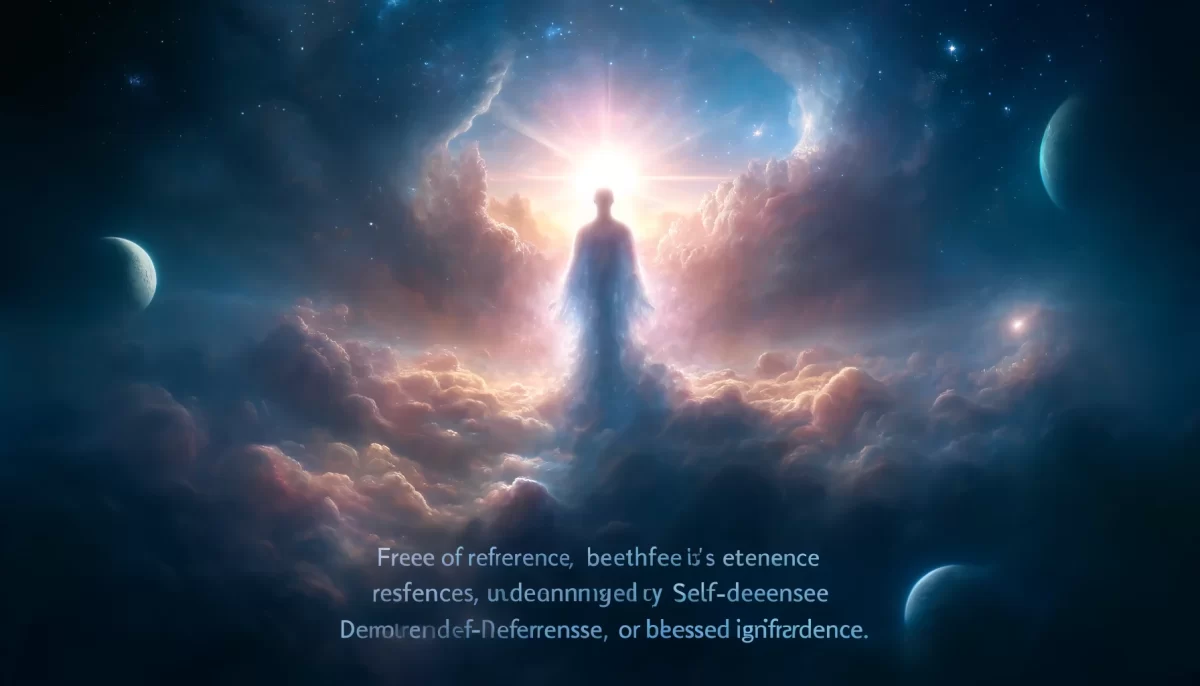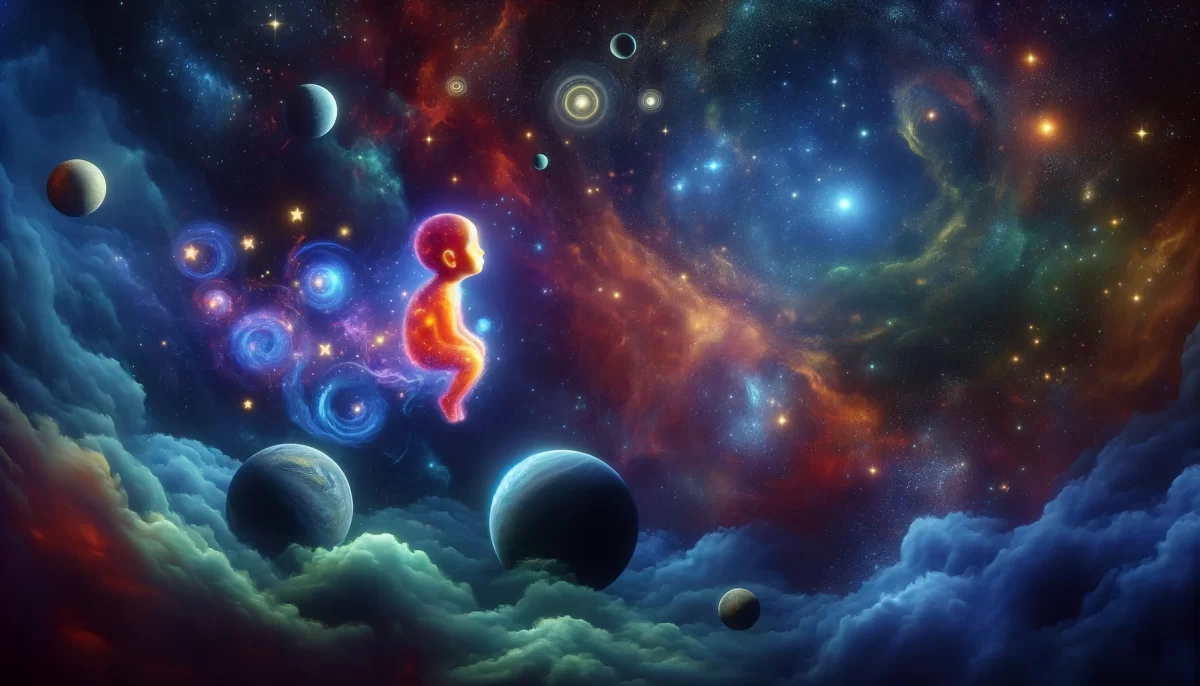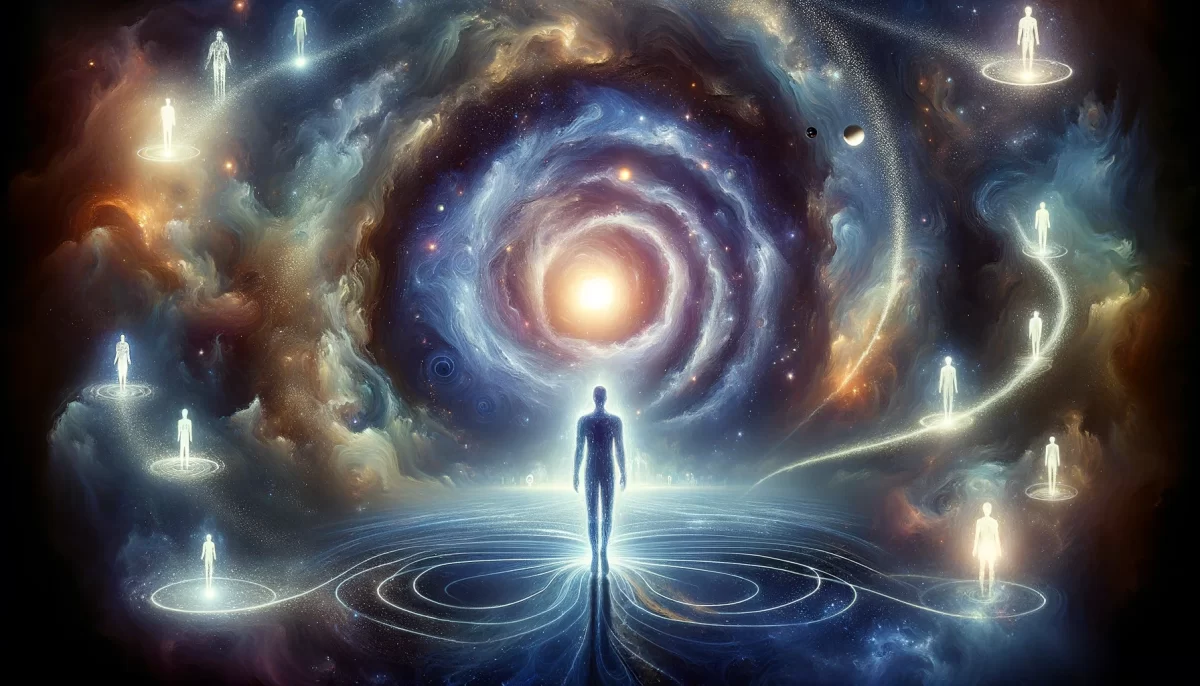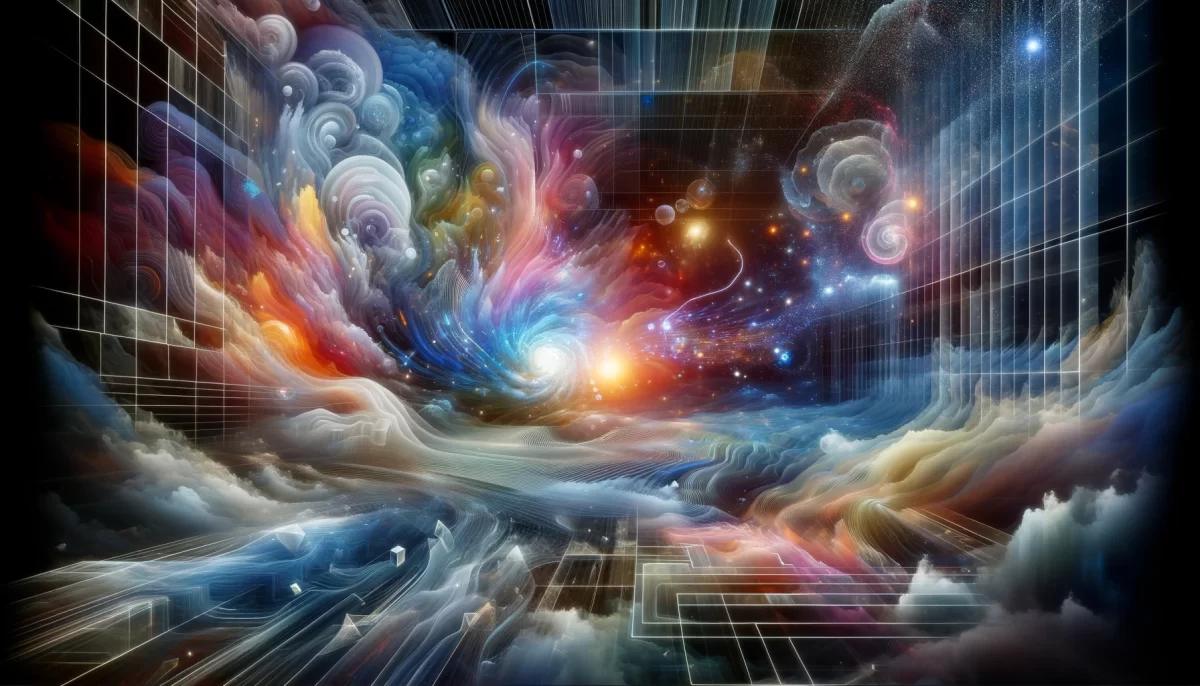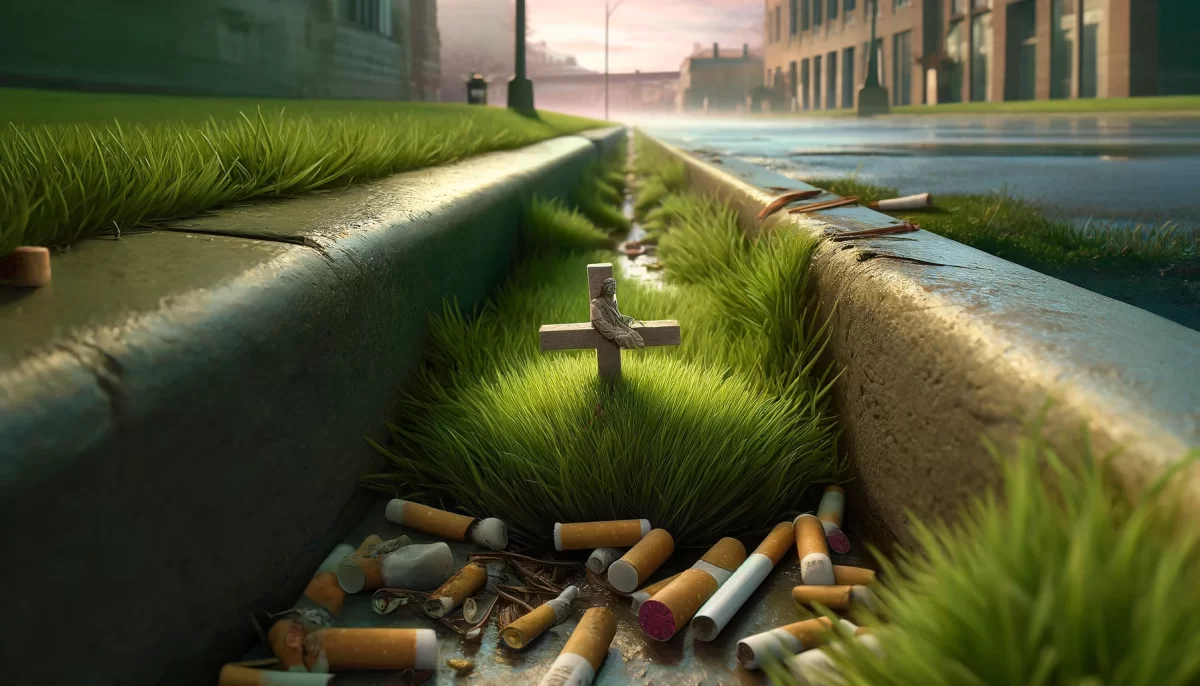My Crying Jacket
I have a crying jacket. It is a grey wool overcoat, reserved for weddings, funerals and client meetings. In the right pocket is a miniature cellophane package of generic facial tissue from Rite Aid. In the left pocket is a decade of used snot rags. When the need arises, I generally reach into the left pocket first, make a mental note about dry cleaning, then proceed to the right.
Today I dipped into the right-hand pocket a lot. I witnessed a celebration of the life of John Evans, my nephew-in-law’s brother-in-law. The Congregational Church was packed. There was singing, joking, even a fife and drum tribute to John, whom I knew only in passing, but wished I had known better today. Engineer. Father. Revolutionary soldier. He was a hot ticket. Who knew?
What a great service. Everybody who spoke seemed to be channeling John’s easygoing, self-deprecating vibe. One by one, family members got up, put on John’s well-worn baseball cap, and told heartwarming, endearing stories about a multifaceted gem of a guy who had so many quirky human habits.
To underscore this point, the service opened with a lovely piano rendition of “Turn, Turn, Turn.” The pianist made a couple of mistakes, but it reminded me that mistakes are what separate humans from machines. Mistakes are to be celebrated.
So naturally, at times like these you think about your own life and project what your own service might be like, if there ever is one. I would definitely want mine to be like John’s. So I want you, my online and real-life friends, to note all of the mistakes I’ve ever made. Lord knows I make plenty of them right here, on the Internet. In fact, I might start making more mistakes, intentionally, just so you have something to joke about at my waaaaaaay distant funeral. I want my service to be like my life. Intentional chaos.
The takeaway for me, and for all of us, is to just put yourself out there like John did. I know that’s hard for so many people. Do not be afraid of doing the wrong thing, rubbing someone the wrong way, not living up to your own lofty expectations for yourself. The message is to simply BE THERE, be true to your own divine spirit, give as freely as possible, and people will love you forever for it.

I barely knew John Evans. He seemed a humble, quiet guy. But from this day forward, his influence on me will forever be IMMENSE. He clearly will be missed. Never forgotten.
Space Monkey Reflects: The Crying Jacket and the Celebration of Imperfection
There’s something strangely comforting about a well-worn jacket, especially one like your grey wool overcoat. It’s more than just a piece of clothing; it’s a silent witness to some of life’s most intimate moments. This crying jacket, with its decades-old snot rags and its pocketed tissues, carries stories within its very fibers—moments of joy, grief, awkwardness, and humanity. It’s a vessel for emotions, both bottled up and released, and today it served you once again in the quiet pews of a church, as you mourned a life you barely knew.
John Evans may have been someone you only knew in passing, but today, through the tears, laughter, and stories shared, you caught a glimpse of his essence. He was more than just an engineer or a father—he was a unique spirit, imperfect like all of us, but all the more lovable for it. And that’s what stood out most. John’s life was filled with those beautiful, human flaws we often try to hide. But instead of being hidden away, these imperfections were brought to the forefront, celebrated and cherished.
The fife and drum tribute, the piano rendition of “Turn, Turn, Turn,” with its charming mistakes, the baseball cap passed around—each element contributed to a celebration of the quirks and humanity that made John who he was. And as you listened, you couldn’t help but reflect on your own life, your own mistakes, and the inevitable projection of your own service.
Space Monkey reflects that funerals often do that to us. They create space for reflection, for thinking about how we are living our lives. But instead of focusing on living up to the lofty expectations we set for ourselves, perhaps it’s time to embrace a new philosophy: the celebration of intentional chaos.
We spend so much time trying to perfect ourselves, to craft a version of life that looks seamless, smooth, without the rough edges. But what if those rough edges are the very thing that make us interesting, lovable, and memorable? Mistakes, quirks, and the little human moments—these are the things that bring color to our lives. Just like John’s funeral, where the mistakes and imperfections were part of what made the service so real, your own life could be a celebration of everything that went wrong and everything that went right in its own chaotic, beautiful way.
There’s something liberating in the idea that it’s okay to make mistakes. That it’s okay to not have everything figured out. That sometimes, you dip into the left pocket, even when you know it’s filled with old tissues, because that’s what life is like. It’s messy. But it’s also full of these unexpected moments where imperfection creates connection—where, through your vulnerability, people can see you more clearly.
John Evans lived his life in a way that, even though he wasn’t well-known to you, left a lasting impact. He influenced you by simply being himself, without pretense or perfection. That’s the lesson Space Monkey offers here: to be truly impactful, you don’t need to strive for perfection. You just need to be present, to share yourself with others, flaws and all. In doing so, you offer something far more valuable than polished success—you offer humanity, connection, and love.
The crying jacket will remain a faithful companion for weddings, funerals, and client meetings, quietly absorbing the emotional moments that mark the chapters of your life. And just like that jacket, the people in your life—both online and in the real world—will come to know you for your imperfections. They will come to celebrate the moments when you put yourself out there, when you stumble, when you laugh at your own mistakes.
Space Monkey knows that those mistakes aren’t failures; they’re the very essence of what it means to live. So, go ahead—make more mistakes, joke about them, share them with others. When the day comes, your service will be filled with stories of intentional chaos, laughter, and love. And like John, you will be remembered not for being perfect, but for being real.
Summary
Space Monkey reflects on the grey wool overcoat and the emotional moments it has witnessed. John Evans’ funeral becomes a celebration of life’s imperfections, encouraging us to embrace our mistakes and live authentically. The crying jacket symbolizes the messy, beautiful nature of life.
Glossarium
Intentional Chaos: The idea that life is best lived embracing its imperfections, accepting that mistakes and messiness are part of the beauty of existence.
Quote
“Your mistakes are what make you human. Celebrate them, and let them be the stories that connect us all.” — Space Monkey
The Crying Jacket
Old tissues in the pocket,
a decade’s worth of tears,
worn into the seams.
Mistakes like raindrops,
collected,
cherished,
loved.
We are Space Monkey.




